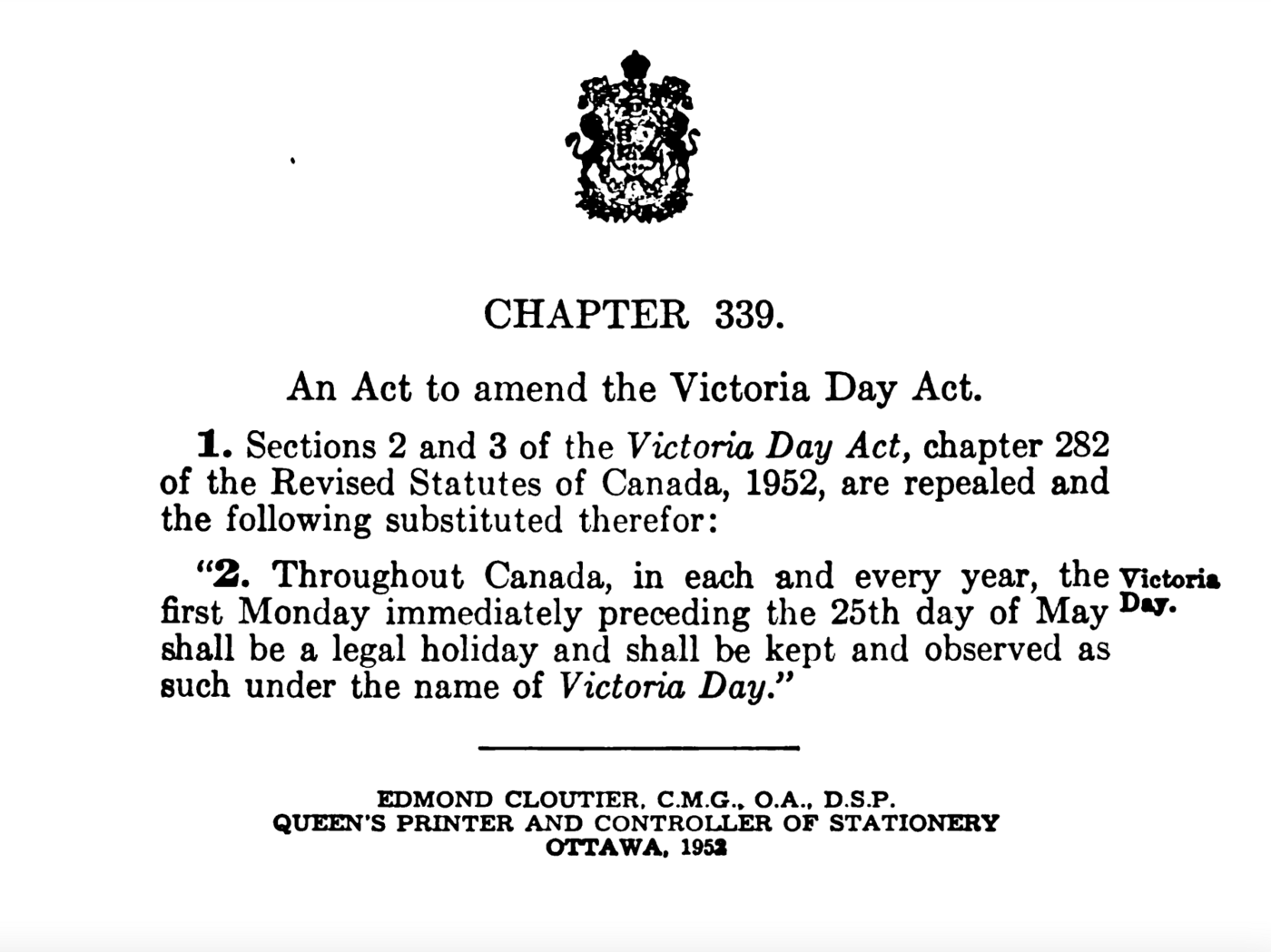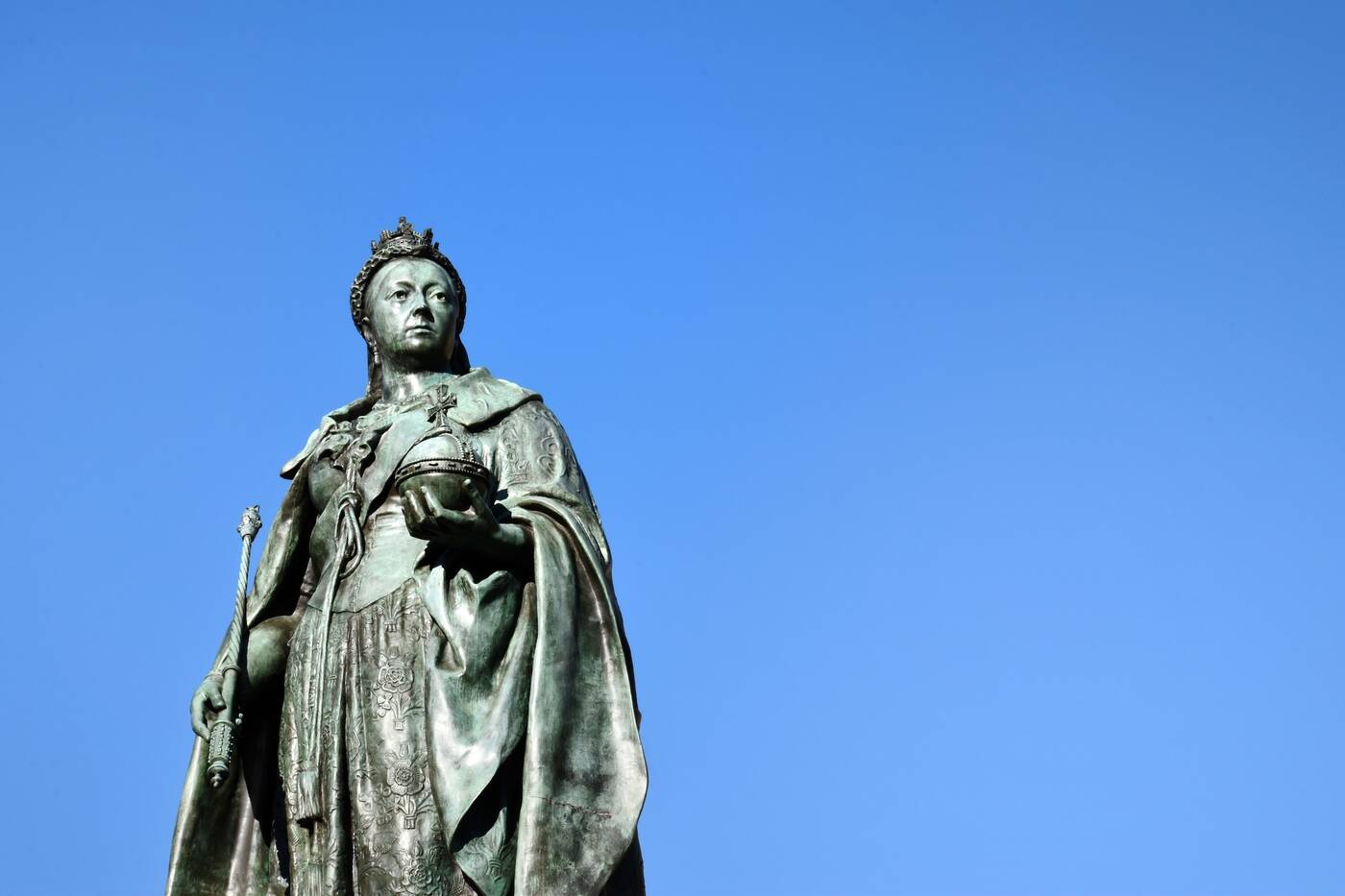
This is why we celebrate Victoria Day in Canada
The May long weekend is here, and that means a day off on Monday for many Canadians and the unofficial start to summer. However, while many may call it May Two-Four, it's officially Victoria Day, and some wonder why we celebrate it at all.
Why does Canada set aside a national holiday to commemorate a dead monarch from a hundred years ago when England doesn’t celebrate?
Here's all you need to know about the distinctively Canadian holiday.
Was Victoria Day just about Queen Victoria?
At the start, yes.
Queen Victoria reigned over the United Kingdom in the late 1800s and therefore was a big part of Canada's history.
She was known as Canada's "Mother of Confederation" as she granted Royal Assent to the British North America Act and later appointed the country's first senators in 1867, according to an explainer on the Canadian Senate's website.
BC senator William J. Macdonald tabled a bill to mark the Queen's birthday (May 24) as a permanent holiday in 1897.
It was Queen Victoria's Diamond Jubilee, and enthusiasm for imperialism reached an all-time high, Celebrating Canada: Holidays, National Days, and the Crafting of Identities says.
Little did he expect some fellow senators (who happened to be merchants or manufacturers) opposed the bill, citing economic disruption as a concern if the holiday calendar was to expand.
The death of Queen Victoria in 1901 opened up the debate again.
Supporters of the holiday switched up their tactics, relying on not just Queen Victoria’s legacy. They framed Victoria Day as a peaceful announcement to the world that Canada respected its sovereignty and contrasted that with the bloodshed of the US Independence Day.
The tide in the business sector had changed too. Bankers expressed interest in having a day off. Rail and steamship operators wished to make use of another major holiday to organize special excursions.
"It is perhaps fortunate that Queen Victoria was born in late May when most Canadian cities are finally feeling at least spring-like, rather than in the dead of winter when there is less yearning for a holiday or possibility for an outdoor celebration," Celebrating Canada noted.

The Revised Statutes of Canada, 1952/The Solon Law Archive
Why does Victoria Day fall on a different date every year?
Victoria Day was held on May 24 until 1952, when an amendment to the Statues of Canada changed the celebration to the Monday before May 25 each year.
That meant Canadians have an annual long weekend to get excited about as the weather turns mild.
Today, Victoria Day is the synonym of summer fun — beer in the fridge, camping gear out, and the fireworks lit up.
According to an Ipsos Reid poll conducted in 2007, 78 per cent of Canadians saw Victoria Day as "just a time to relax and have an extra day off." Only 22 per cent attached historical meaning to the holiday.

Adam Jones via Unsplash
Was there any attempt to rename the holiday?
Not officially.
In 2013, a group of prominent Canadians, including award-winning author Margaret Atwood, Green Party leader Elizabeth May, and acting icon Gordon Pinsent, signed an online petition calling on then Prime Minister Stephen Harper to rename the pubic holiday "Victoria and First Peoples Day."
The campaign didn’t gain much traction, garnering only 1,500 signatures, and the website was taken down.
Latest Videos
Latest Videos
Join the conversation Load comments







